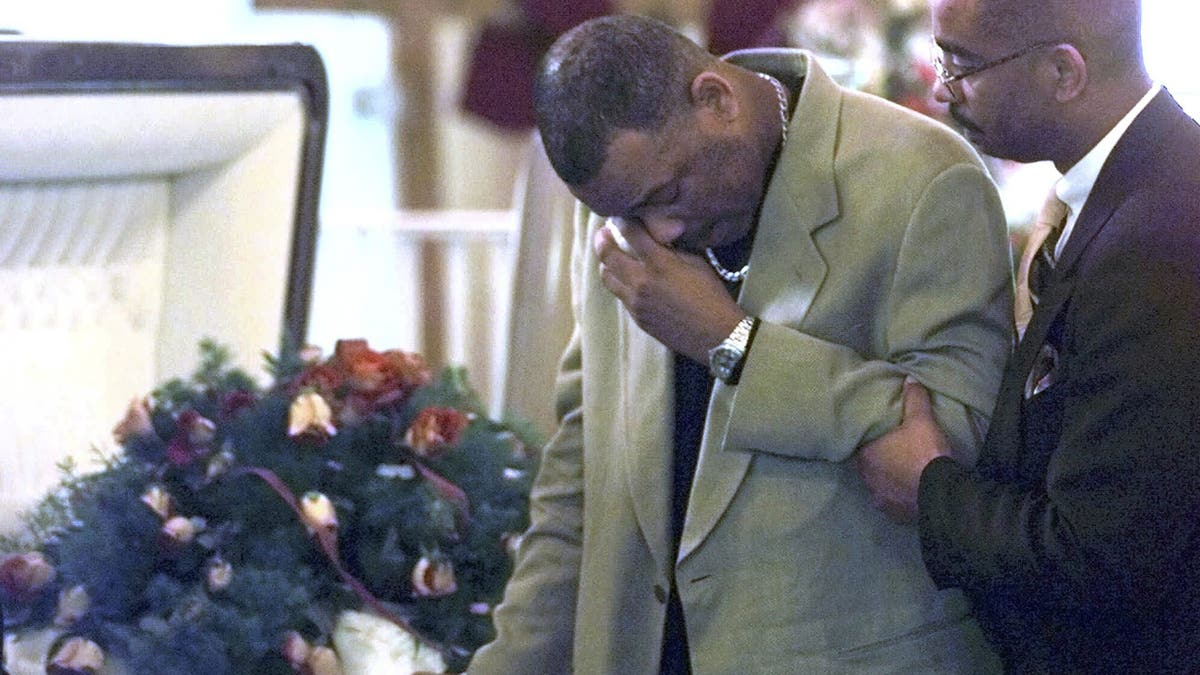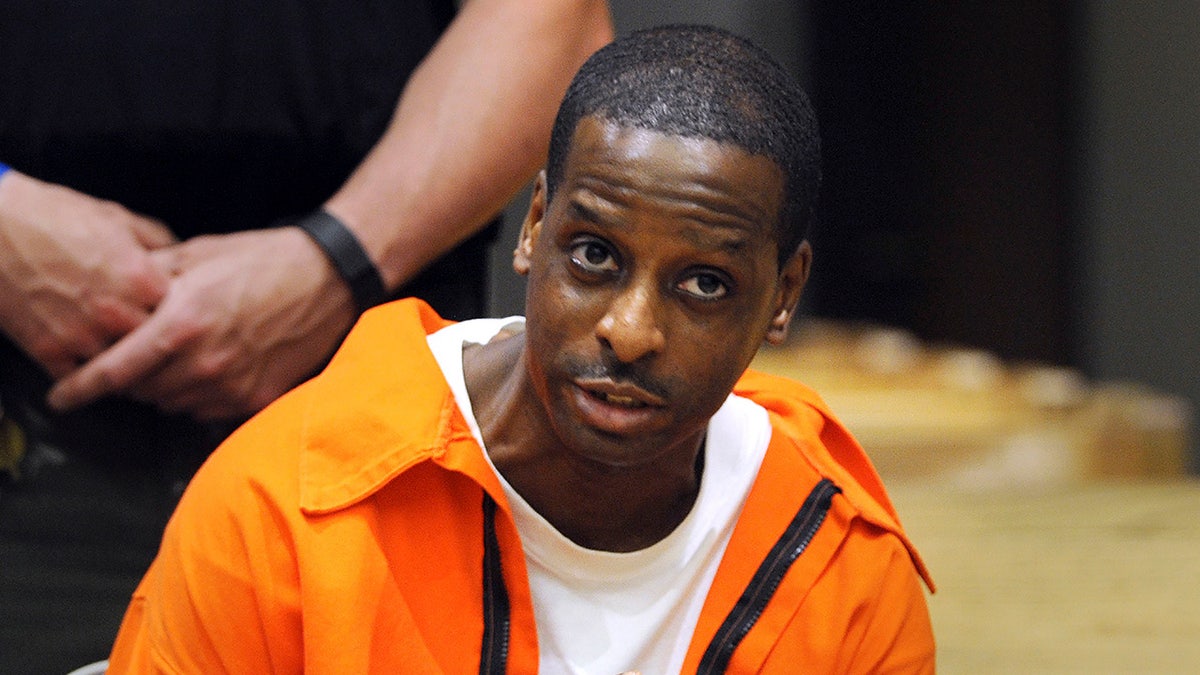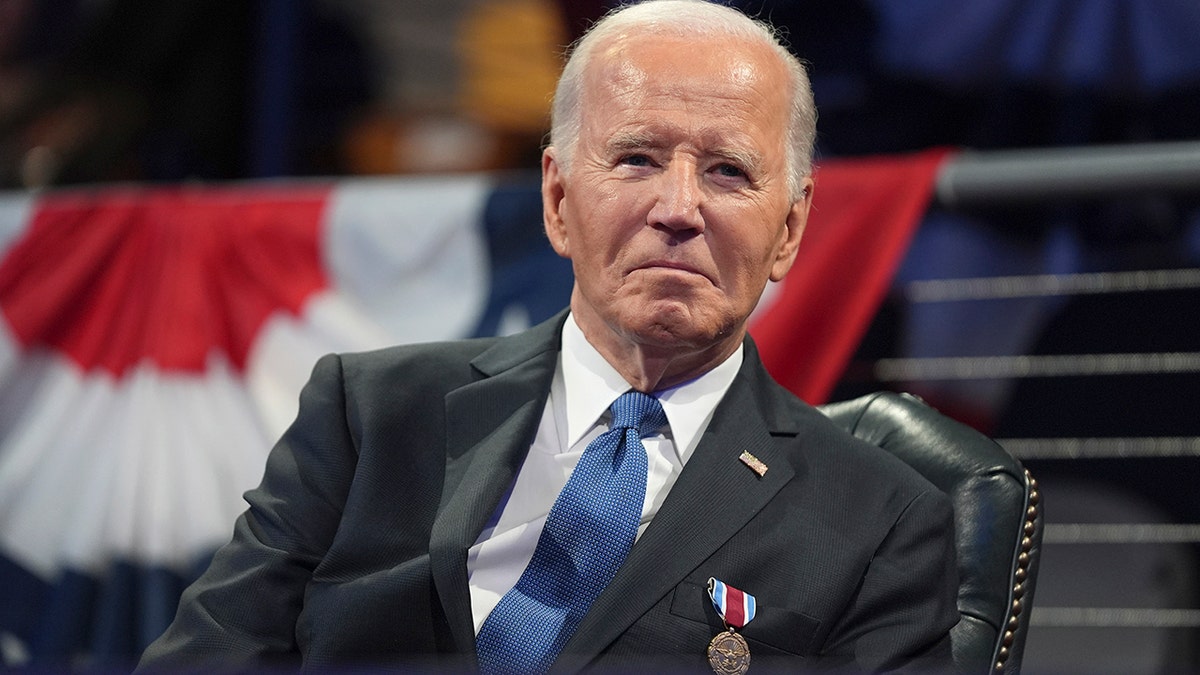Controversy surrounds President Biden's recent clemency grants, extending to nearly 2,500 federal inmates deemed "non-violent." Among those released is Adrian Peeler, a Connecticut drug trafficker who orchestrated the murder of Karen Clarke and her 8-year-old son to prevent her testimony against his brother. The 1999 ambush left the child with a fatal gunshot wound to the head and his mother riddled with bullets, her hand reaching for a phone. This act of violence spurred enhancements to Connecticut's witness protection program and the dedication of a park in Clarke's memory.

Peeler, while avoiding a murder conviction, served 25 years for conspiracy and subsequently faced federal drug charges. Despite an appeal denial in October 2024, a prior sentence reduction for good behavior positioned his release for 2034, making the recent commutation unexpected. The Clarke family expressed shock and renewed trauma at the news. Biden's clemency actions, touted as historically unprecedented, have drawn criticism, particularly the "non-violent" categorization applied to individuals involved in violent crimes.

Further fueling the controversy is the release of Ferrone Claiborne and Terence Richardson, implicated in the 1998 death of Virginia police officer Allen Gibson. Though acquitted of murder due to insufficient evidence, their involvement led to life sentences on lesser charges. Officer Gibson's daughter voiced outrage and heartbreak over their release. Even some Democrats expressed surprise, with Connecticut Senator Richard Blumenthal suggesting a review of the pardon system.

Beyond these cases, Biden's clemency extended to Leonard Peltier, convicted in the 1975 killing of two FBI agents, a decision made against the FBI Director's recommendation. His final acts as president also included preemptive pardons for family and allies, including his siblings, Dr. Anthony Fauci, Mark Milley, and members of the January 6th Committee, following an earlier pardon for his son, Hunter.
Comments(0)
Top Comments